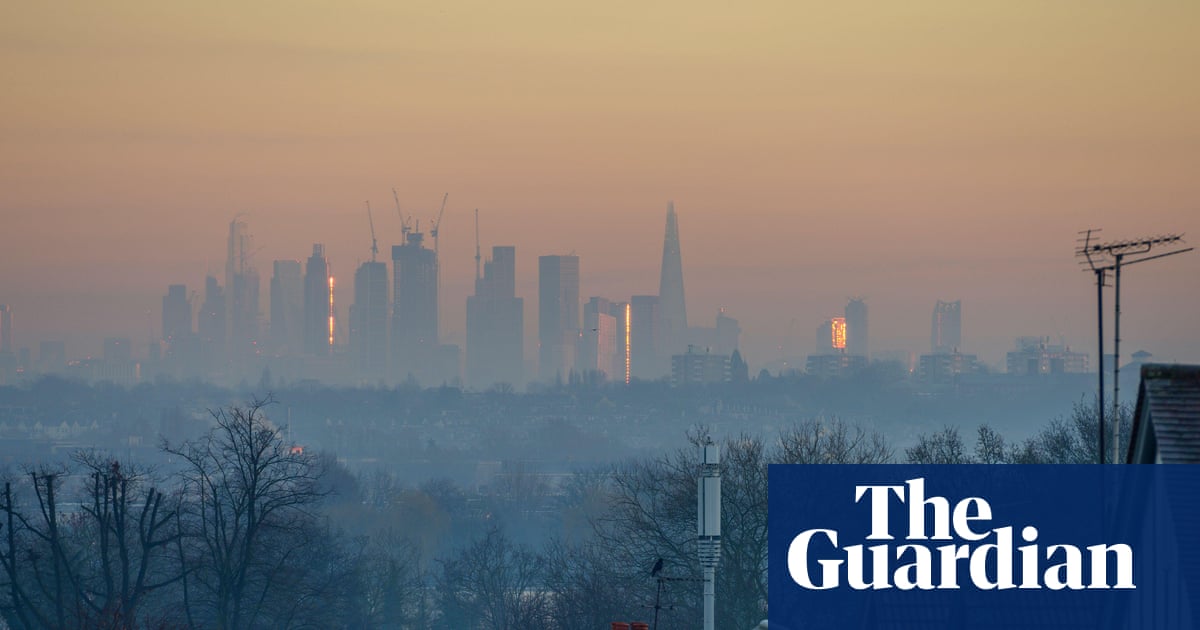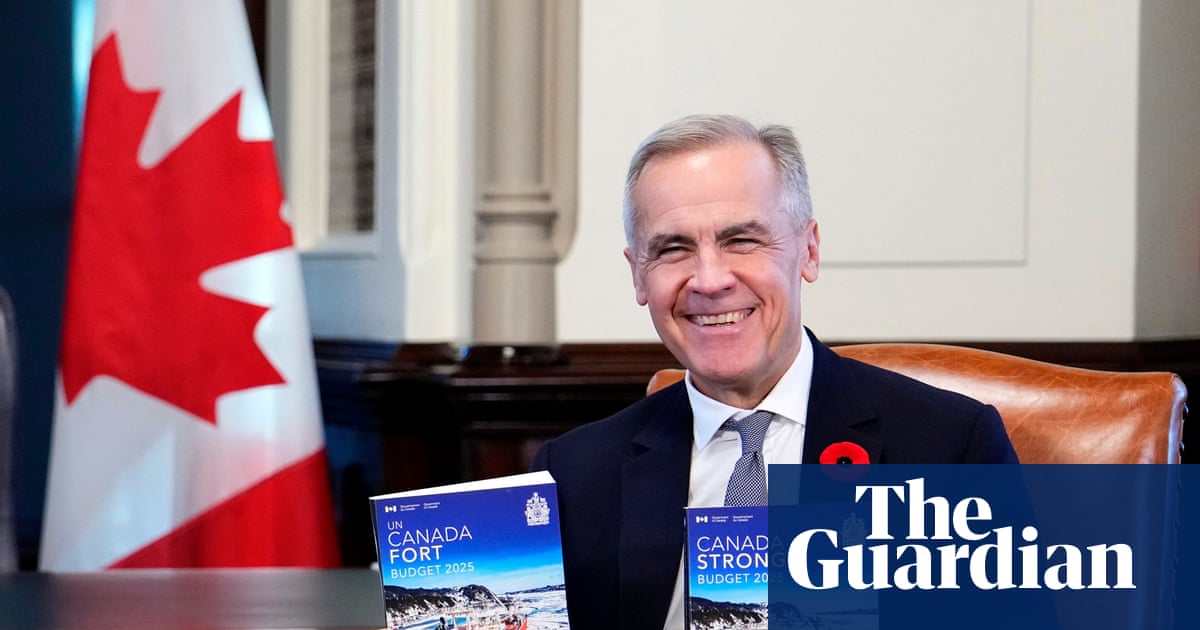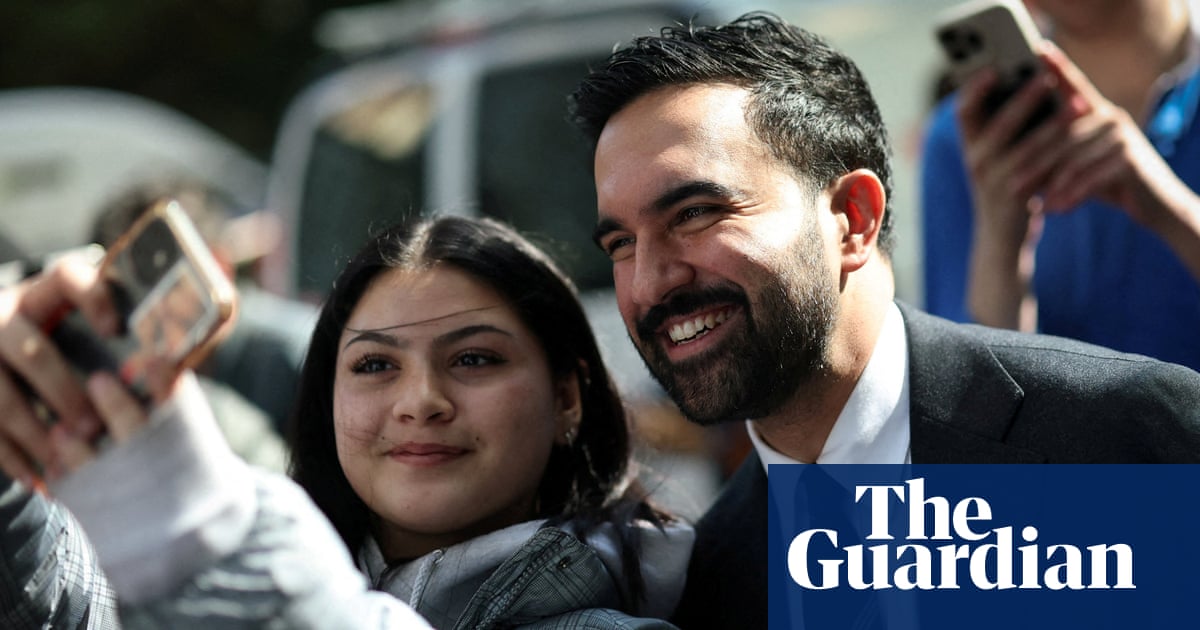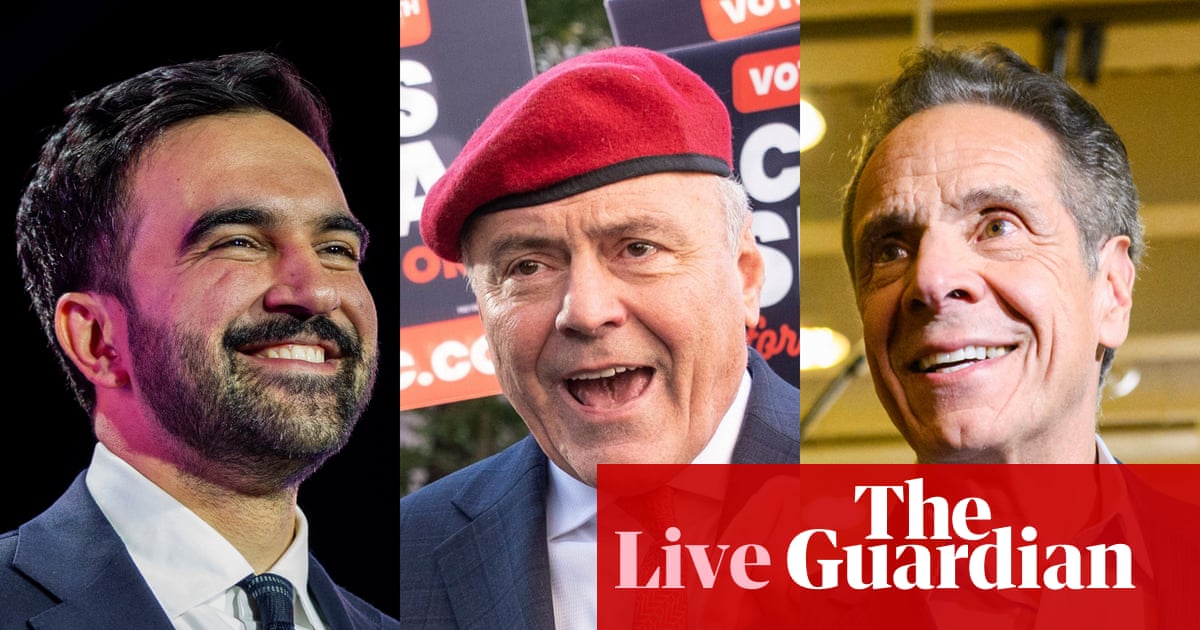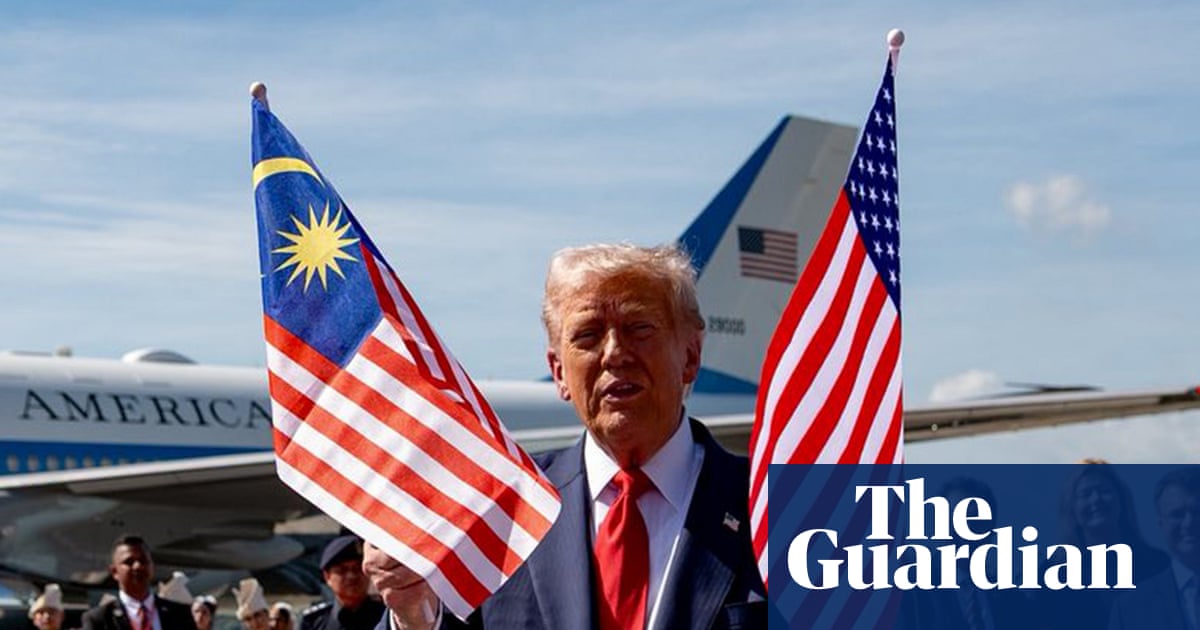Forgive me if I’ve got this wrong, but I seem to recall the country voting the Tories out last year. Part of the reason, if I remember correctly, was their staggering incompetence and insouciance, epitomised by Liz Truss’s mini-budget. That catastrophe was, like Truss’s political career, formed and steered by the neoliberal junktanks of Tufton Street.
But now I begin to doubt my recollections. We booted them out through the front door, right? Yet they still appear to be in the house. Perhaps they came round the back. After taking an interest in the Department for Business and Trade’s “growth school” speaker sessions for civil servants, I sent a freedom of information request. Given that Keir Starmer, like Truss, has placed his growth “mission” at the centre of policy, and that this department is responsible for delivering it, the instruction given to its officials is crucial to the economic and political direction the country takes.
Who, I wondered, would be speaking at these sessions? The answer surpassed my worst fears. Among the external instructors used by the department’s “growth school” so far are no representatives from trade unions, social justice, human rights or environmental groups, and no representatives from left or liberal thinktanks such as the New Economics Foundation or the Institute for Public Policy Research. But there are four who work or have worked for the Tufton Street junktanks that surrounded Truss. They are Samuel Hughes from the Centre for Policy Studies, Ben Southwood, formerly of Policy Exchange and currently a senior fellow at the Adam Smith Institute, Sam Bowman, research director at the Adam Smith Institute, and Sam Dumitriu, formerly head of research at the Adam Smith Institute and now head of policy at Britain Remade.Truss delegated key functions of government to the dark-money thinktanks. Among her senior staff were the former head of economic and social policy at Policy Exchange, a former senior researcher at the Centre for Policy Studies and the former head of government affairs at the Adam Smith Institute. These lobby groups are ranked by the transparency campaign Who Funds You? as either opaque or highly opaque.
On the day of her mini-budget, the junktanks lined up to claim responsibility for it. The Centre for Policy Studies wrote: “Great to see so many CPS policies included in today’s announcement by the Chancellor.” These, it said, were “just a few” of its wins.
I found the inclusion of Britain Remade in the department’s grooming sessions particularly dismal. This group, formed after Truss’s ejection from No 10, seems to exert an extraordinary grip on government policy. Alongside Dumitriu, it is run by former special advisers to Boris Johnson and Truss. It has lobbied vigorously for new road building, while attacking environmental groups.
Where is the experience of business and trade that such speakers are, presumably, supposed to bring? It is hard to see what the junktanks have to offer, other than discredited neoliberal theory and a long record of failure. So why might they have been chosen? Well, like Truss, and in the face of powerful evidence, the Starmer administration believes growth will be delivered by deregulation – which happens to be a fundamental tenet of neoliberalism.
Truss, who singularly fails to take responsibility for her decisions, claims her premiership was terminated by the “deep state”: a conspiracy fiction imported from the US. Well, judging by the disturbing continuity between arguably the most extreme Conservative government in modern history and its Labour successor, we could agree with her that entrenched forms of political power persist, regardless of who wins the election. I wouldn’t call it the deep state, but it does make you wonder what we voted for.
Like its Conservative predecessors, Starmer’s is a government beholden, to a shocking degree, to lobbyists. Their influence appears to explain a wide range of policies, from the ban on Palestine Action, to the planned deregulation of the financial sector (as if the 2008 crash never happened) and new private partnerships in the NHS; from the environmentally disastrous planning and infrastructure bill to this week’s decision to allow bottom trawlers to keep ripping up England’s “marine protected areas”.
The work of Ethan Shone, an investigative journalist at openDemocracy, is indispensable in explaining the weird commissions and omissions of this government. He has shown how assiduously commercial interests courted the Labour party before the last election, and how that courtship has turned into policy. Corporate representatives were seconded into political offices and frontbenchers attended “client roundtables”. Rachel Reeves, now the chancellor, told corporate executives just before the election that “I hope you …. see your fingerprints all over” our manifesto. A former Labour minister, Jim Murphy, gleefully predicted that Starmer’s administration would be the “first private-sector government in Labour’s history”.
He wasn’t wrong. The new environment secretary, Emma Reynolds, was a managing director of TheCityUK, a lobby group for banks and other financial services. In January, she became City minister.
Among the current government’s advisers is the City lobbyist Iain Anderson, whom Truss appointed as one of her “business champions”. When she stood for Conservative leader, he tweeteda selfie of the two of them, with the caption “I’ve been a Conservative for almost 4 decades … I’ve worked with Liz on economic reform and boosting opportunity. She has fresh ideas and real energy. She does what she says and is strong and loyal. That’s why I’m backing #LizForLeader.” Now, though he continues to work as a lobbyist, Starmer’s government has appointed him as a non-executive director of the Department for Business and Trade, which hosts those “growth school” talks.
after newsletter promotion
The great political contest, ever since the dawn of the thing we call democracy, is between the public interest and the power of money. Money’s tools include the direct funding of political parties and politicians, bullying by the billionaire media, the misinformation machine of social media and a massive lobbying effort, some of which is conducted by acknowledged lobby companies, some by groups whose affiliations are not disclosed.
The dark-money junktanks have become essential to capital’s assault on democracy. They are the glue that connects the media onslaught to active policy formation, creating a united front. Opaque neoliberal thinktanks are among the unfortunate realities any nominally progressive government has to navigate. But we would not expect such a government to invite them back on to the throne from which they were so recently evicted.
-
George Monbiot is a Guardian columnist
-
The Guardian’s climate assembly with George Monbiot and special guests On 16 September, join George Monbiot, Mikaela Loach, Emma Pinchbeck and Zack Polanski as they discuss the forces driving the big climate pushback, with a welcome from Katharine Viner and special address from Feargal Sharkey

 1 month ago
80
1 month ago
80
